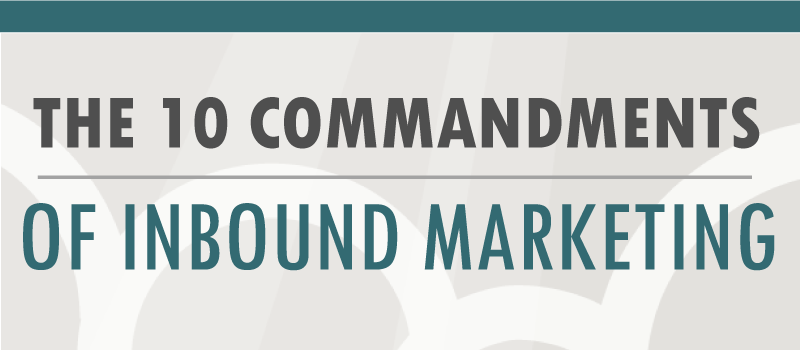Google to Penalize Mobile Sites with Annoying Popups
Don’t you love it when you click on a link to an article posted by a friend on Facebook and you're greeted with annoying popups that have to be...


People believe all kinds of crazy things. And just because people believe something, doesn’t mean it's true. SEO has more than its share of untrue beliefs, and these myths keep good sites from ranking well because the owners of the sites don’t know better.
In this post, we’re going to look at three of the top SEO myths and explain what’s really true — with experts weighing in to separate fact from fiction.
When Google put the kibosh on poor-quality links and reciprocal links, sending the rankings of people who were trying to game the system plummeting, many people assumed that all links were now bad. At best, many people began to believe that links just didn’t factor into rankings at all. Everything was now about “quality content.”
While quality content is a must, quality links are just as important. Industry leader and blogger, Brian Dean, who is a prominent contributor to Inbound.org, says that “Link building is the most important (and challenging) SEO skill. When you land those cream of the crop links, the rewards are huge.”
Google long ago figured out that anybody can put any keywords in their metadata, regardless of whether their site is a good one or not (or even whether it features content about those keywords or not). So Google no longer rewards keywords in meta descriptions.
But meta descriptions do matter. Meta descriptions are shown to searchers right under the title of the search result. As HubSpot explains, “Stuffing keywords into your meta descriptions won't do you any good. These descriptions need to focus on providing clear and concise copy about your webpage. Your meta description is your chance to win over prospects. It's your short sales pitch for your website.”
And meta descriptions do affect rankings — but not in the way you might think. Moz says Google rewards sites that get clicked on in the search results. The more searchers click on your result, the more ranking "points" you get. So the truth here is that you should write meta descriptions for your audience, not for the Googlebot.
Many people are concerned that if they don’t use the exact phrasing of the key term they are targeting, they won’t rank. They agonize over whether to select one slightly-different phrase over another. This is far from a concern, and has been a non-issue since Google’s technology started getting synonym-savvy in 2009/2010. It's only gotten better since then.
If you’re a recruiting company in Atlanta, you’ll rank very similarly in searches for “recruiting firm Atlanta,” “recruiting company Atlanta,” “staffing firm Atlanta,” “staffing company Atlanta,” and “recruiting services Atlanta,” no matter which phrase you choose to put in your metadata and content. So don’t stress about exact phrasing — focus on writing in a way that sounds natural and that communicates your message effectively.
These are the SEO myths that we hear the most, although there are many more. To avoid getting tripped up by a myth, just remember your mom’s advice in middle school, “Don’t believe everything you hear,” and your high school English teacher’s advice for research papers, “Use expert sources, not hearsay.” Follow the experts, and you’ll be safe from those nasty myths.

Don’t you love it when you click on a link to an article posted by a friend on Facebook and you're greeted with annoying popups that have to be...

Many companies looking to implement a lead generation or inbound marketing program want to know the easiest and most cost-effective way to reach...

1 min read
We recently had a client do a complete overhaul of their website. New templates, new copy, new CTA buttons, new sitemap—a complete redesign. As...